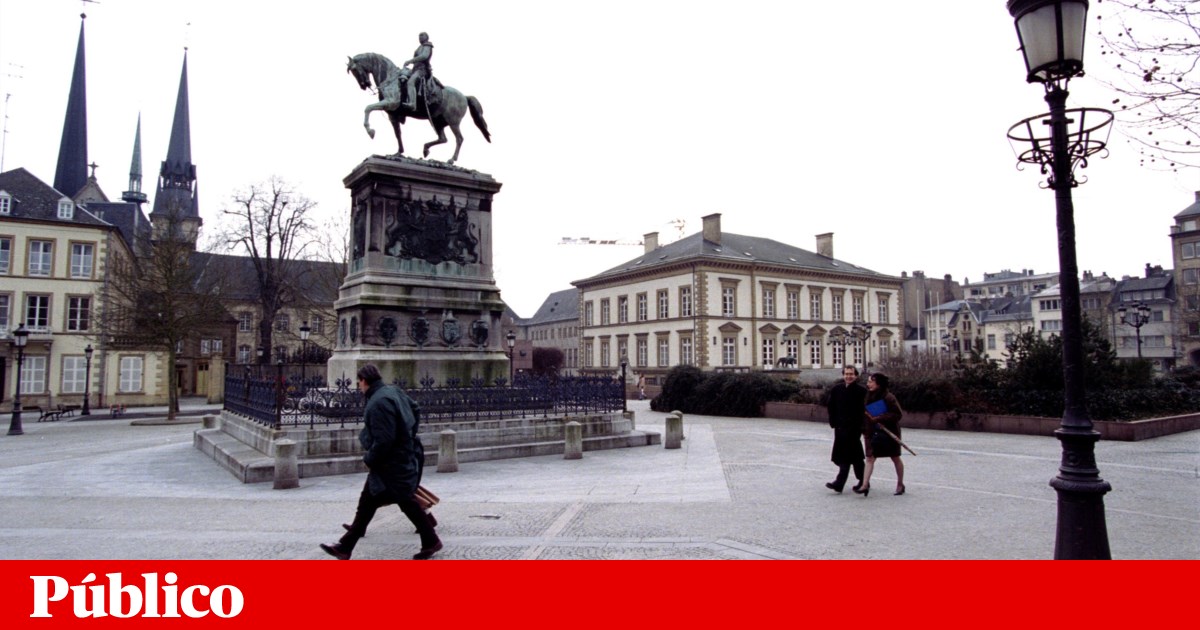After being announced at the end of 2018 (and tested after a year), this Saturday comes into force what the Government of Luxembourg calls the world’s first free public transport system. The truth is that some cities worldwide, like Dunkirk, in the north of France, or Cascais, already implement procedures of this type or impose measures such as the ban on driving cars in urban centers, an action that, in the end, ends up having the same objective as the plan of the Luxembourg Executive. However, this system stands out from the rest as it is the first to be applied at national level.
For several years now, the system was being studied, discussed and prepared. The Government of Luxembourg aspired to make the country the first nation in the world to abolish paid public transport, from the train to the bus. And this is one of the most important steps taken by the Executive to encourage sustainable mobility, since the city of Luxembourg suffers from one of the worst road congestion crises in the world.
According to Global Traffic Index of the data analysis company INRIX, who drove in the Luxembourg capital in 2017 spent an average of 28 hours stuck in traffic. Although this figure has fallen compared to 2016 (in that year, drivers did it for 33 hours) it still puts Luxembourg City in 15th place when it comes to places where drivers spend more time in the car during peak hours .
In addition to free circulation within the country, tickets for buses and trains that cross borders are, starting this Saturday, cheaper. About 110 thousand people live in the country’s capital, but another 400 thousand move daily to the city, not only from other parts of the country but also from neighboring France, Belgium and Germany – from these countries 175 thousand people arrive daily to a nation with a total population of 602 thousand inhabitants.
What is certain is that the measure will benefit not only residents and workers, but also the approximately 1.2 million tourists that the country receives each year. Ticket machines will be phased out, but points of sale for international tickets and certain “special” tickets will remain. The only exception to the program is first class tickets on trains, as well as certain bus services “On request”, which will continue to be paid.
Free access is supported by the transport union (which has around 5000 members) Fncttfel-Landesverband. “Travel times must be competitive in relation to the car,” notes, however, the secretary general, Georges Melchers. The Ecological Movement, on the other hand, says that it does not insist on free public transport. “For us, the quality of the offer is the crucial point to make public transport more attractive, and not the fact that it is free. At peak times, capacities are exhausted ”, stresses the president of the environmental association, Blanche Weber.
Highest number of cars per inhabitant in the EU
Second official country statistics, in the last four decades the population of Luxembourg has increased by almost 240 thousand people, while the active workforce has grown from 161 thousand people in 1998 to 427 thousand people in 2018 – thanks to workers who move daily from neighboring countries.
As a result of the increase in these two factors, the Grand Duchy had in 2017 the highest number of cars per inhabitant in the European Union (including work cars registered in the country and used by non-resident cross-border workers) – with 670 cars per thousand inhabitants. In addition, more than 60% of citizens used their cars to get to work and only 19% used public transport.
Nevertheless, as stated by Luxembourg’s Minister for Mobility and Public Works, François Bausch, at the beginning of 2019, to the BBC, reducing congestion and contributing to the resolution of environmental problems are not the main weight in the balance of the initiative. “It is mainly a social measure. The aim is to end the widening gap between rich and poor. For people with low incomes, transport costs are important. It is easier to make them free for everyone, ”he said.


